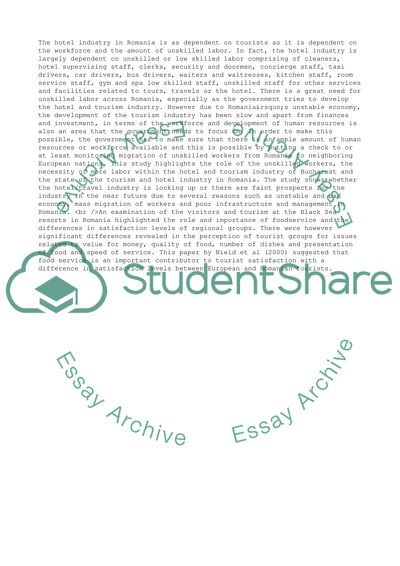Cite this document
(The Impact of Migration on The Hotel Industry in Bucharest Research Proposal, n.d.)
The Impact of Migration on The Hotel Industry in Bucharest Research Proposal. https://studentshare.org/management/1710597-the-impact-of-migration-on-hotel-management-in-romania
The Impact of Migration on The Hotel Industry in Bucharest Research Proposal. https://studentshare.org/management/1710597-the-impact-of-migration-on-hotel-management-in-romania
(The Impact of Migration on The Hotel Industry in Bucharest Research Proposal)
The Impact of Migration on The Hotel Industry in Bucharest Research Proposal. https://studentshare.org/management/1710597-the-impact-of-migration-on-hotel-management-in-romania.
The Impact of Migration on The Hotel Industry in Bucharest Research Proposal. https://studentshare.org/management/1710597-the-impact-of-migration-on-hotel-management-in-romania.
“The Impact of Migration on The Hotel Industry in Bucharest Research Proposal”. https://studentshare.org/management/1710597-the-impact-of-migration-on-hotel-management-in-romania.


